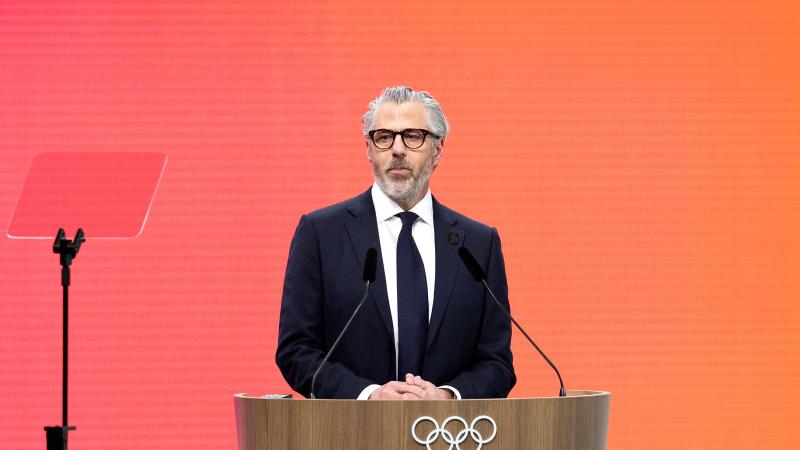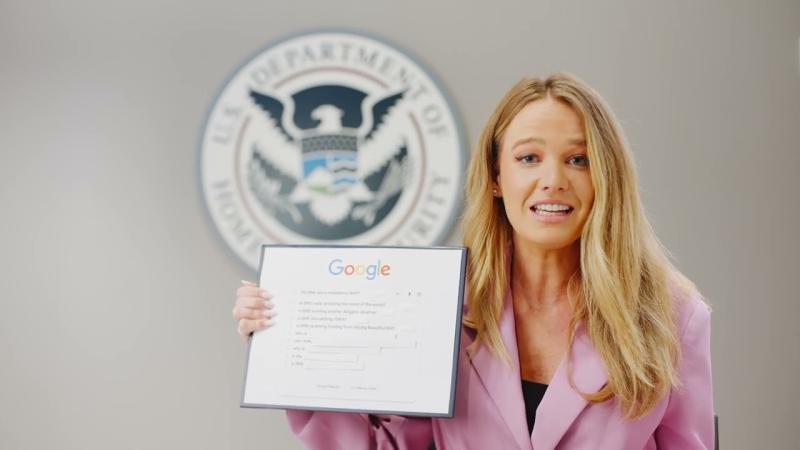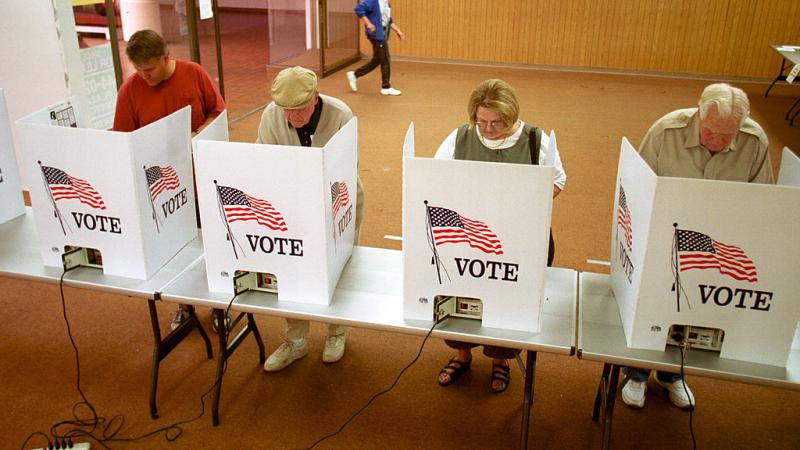Kremlin joins European Union officials in denouncing Big Tech for squelching free speech online
The Big Tech giants wielded extraordinary power over the freedom of speech online, international officials said.
Russian Foreign Minister Sergey Lavrov on Monday joined calls from European Union officials to reign in the censorship power of Big Tech. In a Moscow news conference, Lavrov characterized the tech giants as extra-governmental entities that impose their own rules on public discourse.
"Let’s hope that American society will not let its elites use blatant censorship, flagrant infringement of the Constitution and international commitments in its struggle against one other," Lavrov said in the Jan. 18 news conference. "If it fails to cope with this problem, we all should be ready to face the consequences of such a failure of the American state, and these consequences would be very serious for the global arena."
Russia's top diplomat made his comments in the wake of high-profile social media platforms Twitter, Facebook, and Instagram abolishing accounts belonging to President Donald Trump. Although Facebook and Instagram have restored some elements of the president's accounts, Twitter has not. The platform leader, Jack Dorsey, has disregarded public outcry against Twitter's seemingly capricious enforcement of its terms of use, and has upheld the ban against Trump.
The social media censorship moves against Trump and others last week brought cries of alarm from the European Commission, which is the executive branch of the European Union. A commission official, Prabhat Agarwal, reportedly spoke out Jan. 11 in a meeting with fellow lawmakers.
"It is no longer acceptable in our view that platforms take some key decisions by themselves alone without any supervision, without any accountability, and without any sort of dialogue or transparency for the kind of decisions that they're taking," said Agarwal, who leads a commission e-commerce unit. "Freedom of expression is really a key value in this."
By censoring Trump, the platforms exercised extraordinary power over the freedom of speech online, other EU officials warned.
"The fact that platforms like Twitter and Facebook decide who can speak freely is dangerous," said Dutch politician Kim van Sparrentak, a Member of the European Parliament.
Monday's comments from Lavrov came amid a showdown in Moscow between the government and outspoken critic Alexei Navalny. The opposition politician fell ill in August after being poisoned while traveling in Siberia. He blamed Moscow for poisoning him, and spent months in Germany recuperating. Over the weekend, he returned to Russia and was arrested.
Without discussing accusations that the Kremlin has tried to silence Navalny, Lavrov focused on Big Tech's suppression of the American president.
"Recent events, including those in the United States, [pertain] to a situation when half a dozen people who have created their technological empires do not even want to know what rights they have in their countries," Lavrov said. "They themselves define their rights on the basis of so-called corporate norms and they don't care a bit about the constitutions of their nations. We have clearly seen this in the United States, and this, of course, causes serious concern."













